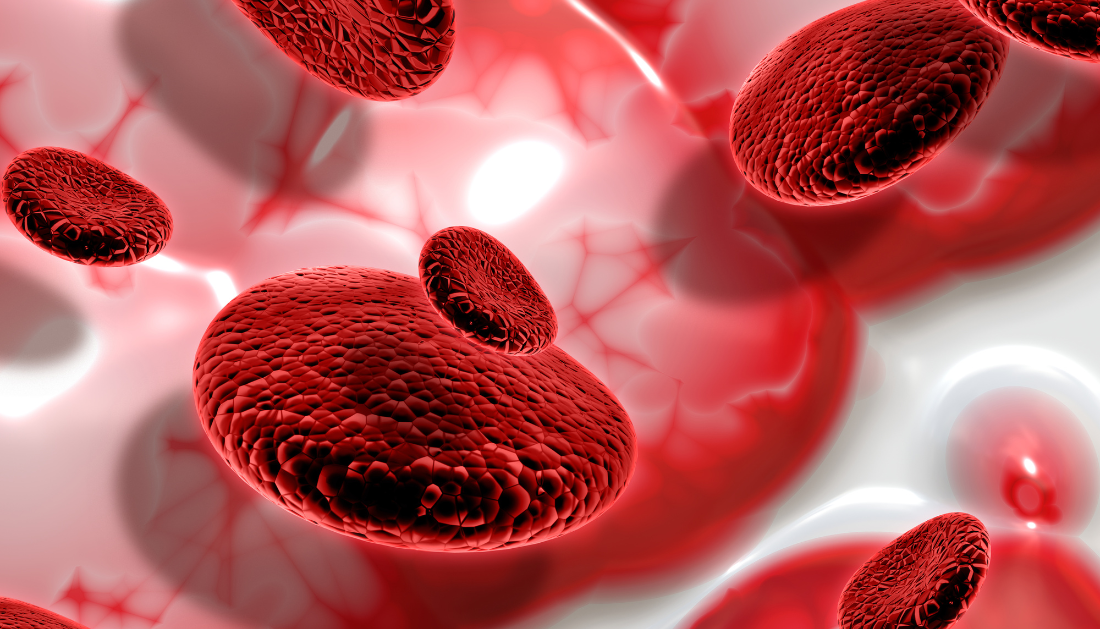

A variety of biological and social factors can influence treatment results for individuals with Acute Lymphoblastic Leukemia (ALL), a rare kind of blood cancer. A new study, however, suggests that patients have the highest outcomes and survival rates when they receive treatment at a specialist clinic specializing in treating ALL.
Youngsters account for the majority of Acute Lymphoblastic Leukemia (ALL) cases, and around 90% of ALL cases in youngsters are treatable. Adults account for less than half of all cases, although they are at a higher risk of death due to the disease’s unfavorable (bad) molecular features and general fragility.
Caner Saygin, MD, Assistant Professor of Medicine at the University of Chicago Medicine Comprehensive Cancer Center, and his team investigated the impact of biological, social, and economic factors on outcomes in adult patients with ALL. They compared data from individuals treated at UChicago Medicine to a national cancer database compiled by the Surveillance, Epidemiology, and End Results (SEER) Program.
Their findings, published in Blood Advances on December 1, 2023, imply that greater access to multidisciplinary medical treatment, combined with important supportive care services provided by centers experienced in Acute Lymphoblastic Leukemia (ALL) care, may reduce socioeconomic gaps in ALL outcomes in the United States.
Age and biological factors influence outcomes
Older age upon diagnosis was a strong predictor of poor overall survival in both the UChicago Medicine and SEER groups. However, adults over the age of 40 treated at UChicago Medicine had a higher chance of survival than the national average during the same time period.
Treatment for ALL differs between older adults and those under the age of 40, known as adolescents and young adults (AYA). Wendy Stock, MD, Anjuli Seth Nayak Professor of Medicine at the University of Chicago, pioneered aggressive, pediatric-like therapy regimens that have showed promise in treating ALL in AYA patients.
However, interventions for older persons remain a challenge. Saygin said, “Older adults need more advanced care and clinical trials”.
Higher BMI at diagnosis was also related with poorer outcomes. Saygin postulated that this could be due to biological factors influencing cancer development. In addition, he said “It might have something to do with how drugs are dosed or metabolized, or how fatty tissue affects tumor biology.”
Another biological component that influenced outcomes was the presence of a specific genetic defect. BCR::ABL1 is also known as the Philadelphia chromosome. This mutation was shown to be more common in individuals with a higher BMI and in patients of non-Hispanic Black origin, who accounted for 15% of ALL patients treated at University of Chicago Medicine.
Philadelphia-positive tumors, also known as Ph+ B-ALL, were formerly thought to be more aggressive and difficult to treat than other kinds of ALL. With the approval of new medications known as tyrosine kinase inhibitors (TKIs) to treat these tumors, Ph+ B-ALL is now associated with better results. However, due to disparities in patient access, this improvement has not been observed uniformly across the United States.
Saygin said, “TKIs are expensive, and if health systems don’t have teams to find grants or coverage, their patients may not have access to these drugs”. “That’s another disparity.”
Access to comprehensive care lowers inequities
Saygin explained “ALL disproportionately affects underrepresented minorities”.
Nationally, socioeconomic characteristics such as poor income, Black or Hispanic race, and ethnicity have a detrimental impact on overall survival.
However, there were no differences in outcomes among UChicago Medicine patients depending on race or income. The median survival time for low-income adult ALL patients nationwide is 32 months. In the UChicago cohort, the 8% of low-income patients had a median survival of 84 months, more than double the national norm.
He also said, “Our patients have access to leading-edge clinical trials and supportive care from multidisciplinary teams”. He stressed the need of comprehensive therapy in minimizing inequities, stating that these resources boost survival rates in all patient groups.
Saygin added UChicago Medicine, which is committed to health equity, works hard to ensure that all patients have access to the most effective treatments.
He said, “Both the AYA clinic and the older adult program are enriched with good support in terms of social workers, case managers and pharmacist support to adjust these complicated ALL regimens”.
more recommended stories
 Nanoplastics in Brain Tissue and Neurological Risk
Nanoplastics in Brain Tissue and Neurological RiskKey Takeaways for HCPs Nanoplastics are.
 AI Predicts Chronic GVHD Risk After Stem Cell Transplant
AI Predicts Chronic GVHD Risk After Stem Cell TransplantKey Takeaways A new AI-driven tool,.
 Red Meat Consumption Linked to Higher Diabetes Odds
Red Meat Consumption Linked to Higher Diabetes OddsKey Takeaways Higher intake of total,.
 Pediatric Crohn’s Disease Microbial Signature Identified
Pediatric Crohn’s Disease Microbial Signature IdentifiedKey Points at a Glance NYU.
 Nanovaccine Design Boosts Immune Attack on HPV Tumors
Nanovaccine Design Boosts Immune Attack on HPV TumorsKey Highlights Reconfiguring peptide orientation significantly.
 High-Fat Diets Cause Damage to Metabolic Health
High-Fat Diets Cause Damage to Metabolic HealthKey Points Takeaways High-fat and ketogenic.
 Acute Ischemic Stroke: New Evidence for Neuroprotection
Acute Ischemic Stroke: New Evidence for NeuroprotectionKey Highlights A Phase III clinical.
 Statins Rarely Cause Side Effects, Large Trials Show
Statins Rarely Cause Side Effects, Large Trials ShowKey Points at a Glance Large.
 Anxiety Reduction and Emotional Support on Social Media
Anxiety Reduction and Emotional Support on Social MediaKey Summary Anxiety commonly begins in.
 Liquid Biopsy Measures Epigenetic Instability in Cancer
Liquid Biopsy Measures Epigenetic Instability in CancerKey Takeaways Johns Hopkins researchers developed.

Leave a Comment